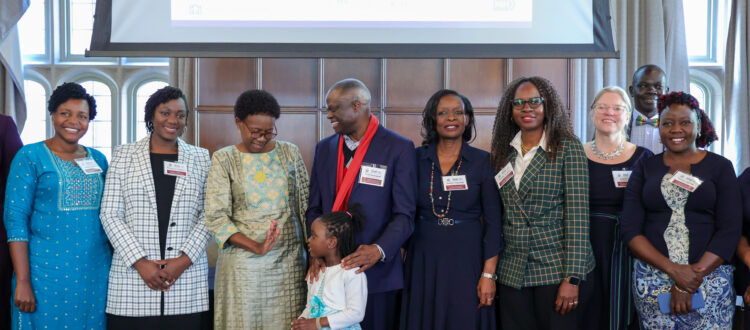ICHAD’s Global Conference Focuses on Global Adolescent Health and Economic Strengthening Research and Capacity Building
On April 8 and 9, 2024, the International Center for Child Health and Development (ICHAD) hosted more than 200 guests and dignitaries at the Brown School, Washington University in St. Louis for the Global Adolescent Health and Economic Strengthening Conference and CHILD-GRF Program Final Meeting. This gathering brought participants together to discuss a wide range of issues centered around child and adolescent health to economic empowerment. It also served as the culminating meeting for the three cohorts of the CHILD-Global Research Fellowship, an NIH-funded research training program providing state-of-the-art methods training, mentoring, and “hands-on” research training to promising early career researchers from Ugandan institutions committed to research careers focused on addressing HIV prevention and the serious burden of child and adolescent mental health (CAMH) in the context of HIV/AIDS.
The conference was attended by members from civil society, policy makers, academicians, researchers, and faith-based institution leaders. Washington University in St. Louis was represented by university leaders including Dr. Beverly Wendland, Provost and Executive Vice Chancellor for Academic Affairs, Dr. Vijay Ramani, Vice Provost for Graduate Education and International Affairs, Dr. Mary McKay, Vice Provost for Interdisciplinary Initiatives and Dr. Dorian Traube, . A large part of the delegation from Sub-Saharan Africa were Ugandan collaborators and partners including Hon. Dr. Jane Ruth Aceng Ocero, Uganda Minister of Health and Rt. Rev. Serverus Jjumba, the Bishop of Masaka Catholic Diocese, and several CHILD-GRF mentors from Makerere University.
In his opening remarks, Dr. Fred Ssewamala, the Founding Director of ICHAD, together with Co-Directors Dr. Ozge Sensoy Bahar and Dr. Proscovia Nabunya thanked all guests who had traveled from many parts of the world to be part of the conference. He also recognized key institutions and individuals who have supported ICHAD’s work for the past decade, and those who have been partners since the earliest days. “ICHAD started as Suubi in 2004 with $3000 but currently runs a multimillion-dollar budget, with most funding coming from the National Institutes of Health and enormous support from Washington University.” ICHAD’s work was acknowledged by Dean Dorian Traube and Provost Beverly Wendland for its high impact on children and families, transdisciplinary collaborations, and community-based approach -all of which aligned with the priorities of the University’s Here & Next Strategic Plan.
In her opening remarks, Uganda Minister of Health, Hon. Dr. Jane Ruth Aceng recognized the close relationship between ICHAD’s work and the policy initiatives and priorities of Uganda’s health sector which include reproductive maternal neonatal child and adolescent health, communicable and non-communicable diseases prevention and control. Dr. Aceng also used the fireside chat session, moderated by Laura Benoist, Director of the McDonnell International Scholars Academy, to acknowledge ICHAD’s role in guiding the Ugandan government’s policies and approaches to child and adolescent health interventions. “What ICHAD is doing is a game changer for the lives of our adolescents and young people. It’s a lesson that we, as a government, continue to learn from. ICHAD not only conducts research but also builds the capacity of young people to carry on with such research.”
The first day of the conference was punctuated by a break to view the solar eclipse. Conference participants joined the rest of the WashU campus to view the eclipse outside with special viewing glasses.
Some of the major highlights came from panel discussions that were conducted during the two days of the conference. In one of these panels, expert panelists discussed innovative and rigorous research focused on the impact of economic strengthening interventions on mental health and health outcomes among children, adolescents, and women across the globe. Another panel discussed navigating the funding landscape in Sub-Saharan Africa. The panelists encouraged participating early career researchers to never give up despite challenges and negative responses on their grant applications. “Feedback is a very important part of grant writing. Even if you do not win the grant, as student, that is a good experience because it gives you a sense of appreciating what it is to get feedback and as a student, you want to get tangible feedback to perfect whatever you are doing.” Shared Dr. Juliet Iwelunmor, one of the panelists.
Other highlights included keynote presentations focused on global health in low-resource settings, methodology workshops, and presentations from CHILD-GRF trainees. The conference was concluded by an award ceremony presided over by Dr. Fred Ssewamala, Dr. Dorian Traube, Dr. Mary McKay, and Dr. Noeline Nakasujja. Plaques and awards of recognition were presented to trainees who successfully completed their CHILD-GRF program training, and several were given to collaborators and partners both from the United States and Sub-Saharan Africa. Dr. Raymond Atwebembere, one of the trainees who graduated from the program shared: “The experience attained from being a junior research fellow is invaluable. The CHILD-GRF program and its mentorship provided outstanding training that provided a strong foundation for all scholars who shared a common goal; “to improve the mental health well-being of adolescents”. For that, I am forever indebted.”

